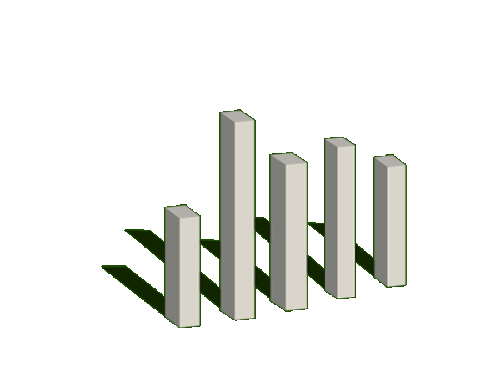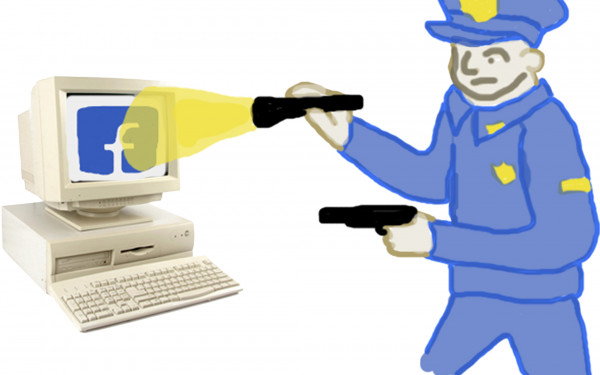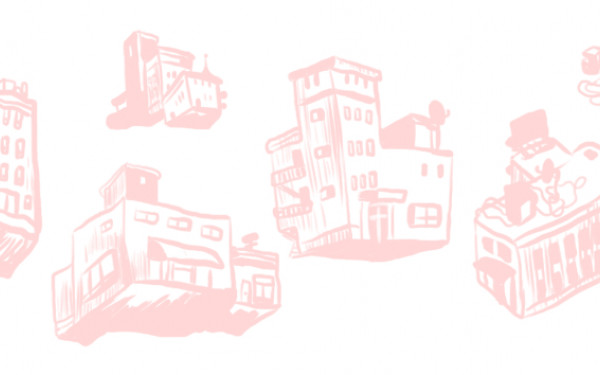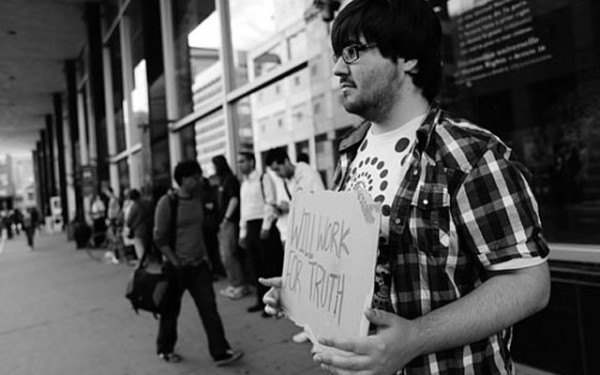Taking the Pulse or Inducing It?
Opinion Polls Distort Democracy
“No one pretends that democracy is perfect or all-wise”, Winston Churchill said to the House of Commons in Britain not too long after WWII, “Indeed, it has been said that democracy is the worst form of Government except all those other forms that have been tried from time to time.”
Read this story on the 2016 Media and Democracy microsite here.
In 1945, Churchill had been demoted to the role of Leader of the Opposition after having been elected as Prime Minister five years earlier, but he would make his return to this position soon enough.
As a prominent figure of the Western world in the 20th century, Churchill’s thoughts on democracy resonate with many of us interested in the “perfect” political system: one that weeds out injustice, corruption and all else which earns the disdain of the people. As Montreal university students, no matter your field of study, it’s likely that you’ve had a night or two (possibly many more) where you have attempted to solve the world’s problems over a drink on Saint-Denis. It’s almost become a rite-of-passage. I certainly remember stretching my legs on Sainte-Catherine late at night, discussing democracy.
Churchill had a point when he criticized the democratic system. I think many of us realize this as we have these conversations, and, if the cynical comments from the older people I meet are any indicator, age also tends to reinforce this worldview.
But what is imperfect in Canadian democracy? One answer—and yes, the flaws are many—often passes unnoticed, yet it holds tremendous influence in how we decide to cast our ballots come election day: opinion polls.
As Éric Montigny, professor at the University of Laval, writes in Political Parties in the Digital Age, our elections are undergoing a process of professionalization: fewer Canadians are involved in the campaign process, and they are being replaced by marketing firms and the like. More pointedly, as parties rely less and less on members to canvas support and spread word of their political platform, the more they will need to seek out the services of advertising companies and polling firms. In fact, according to Montigny, party activism has declined in the last decades.
For example, membership dues (what citizens pay to become members of a political party) and the number of donations to parties have declined substantially since the 1980s in Quebec. With this process in mind, elections campaigns have become a marketplace in which opinion polls are the market research.
But what is imperfect in Canadian democracy? One answer—and yes, the flaws are many—often passes unnoticed, yet it holds tremendous influence in how we decide to cast our ballots come election day: opinion polls.
Firstly, Canadians are being exposed to more opinions polls. According to Voting Behaviour in Canada, the 1989 election saw 0.18 opinion polls published per day, whereas in the last elections, according to the CBC Poll Tracker, the ratio climbed to 1.46 polls per day. This occurred despite this election being the longest since the 19th century.
The culprits for these publications are tenfold, but only three are responsible for roughly 70 per cent of all published (113 total) polls: Nanos (45), EKOS (18) and Forum Research (15). Of these, only one correctly predicted a majority Liberal government, which is Forum Research. Of the remaining seven polling firms, only one more predicted correctly: Mainstreet/Postmedia.
The drawback of opinion polls are severalfold. For starters, they can lead to a sort of bandwagon effect, where those not as politically informed will rely on the opinion of the mass reflected in the polls. Also, elections tend to become a horse-race between party leaders, as most of the opinion polls are sponsored by media corporations such as The Globe and Mail, The National Post and La Presse, to name a few. Media commentators use opinion polls to discuss the missteps of a party member or its leader, rather than discuss the substance of their policy. For the most part, citizens enjoy the horse-race, which is why media corporations keep sponsoring pollsters. Political parties also enjoy this service because they can shape their messages in a more pleasing fashion, not to mention it allows them to break up the country or province into various market segments, hence election campaigns as a marketplace.
When all is said and done, although it may be comforting to follow so-called voting trends, opinion polls serve no purpose other than to provide a marketable service to a curious population and political parties seeking to meet market demands. While this may sound a cynical observation, it remains just that, an observation. Instead, I find solace in the wise words recounted by Bob Rae in What’s Happened to Politics?: “Turning heads is more important than counting heads.” So kick back, enjoy a drink, and when you stumble about with your friends in the streets of this wonderful city, remember you’re not just another head to be counted, but a builder of the imperfect process of democracy.







